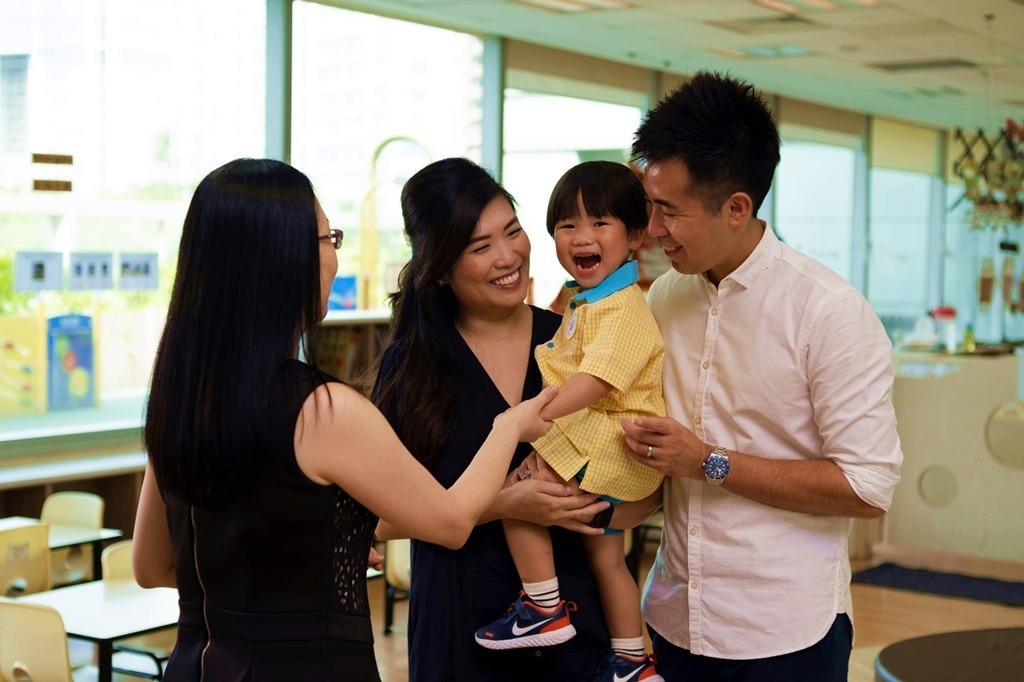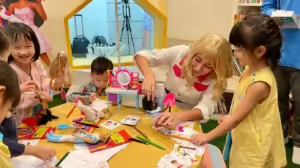This website uses cookies to enhance your experience and improve our website functionalities. By continuing to use this website, you agree to our use of cookies as outlined in our privacy policy.
FILTER BY

Parent’s Guide: Cost of Childcare in Singapore (2025)

9 Parent-Teacher Meeting Questions for Singapore Parents (2025)

Which Curriculum is Best for Kindergarten? (Singapore 2025)

Gross vs Fine Motor Skills Guide: Key Differences & Activities 2025

Top 8 Gross Motor Skills Activities for Kids in Singapore (2025)

12 Fun Counting Games for Preschoolers in Singapore (2025)

Is Kindergarten Compulsory in Singapore? Why It Matters (2025)

Aesthetic and Creative Expression Activities for Preschoolers 2025
